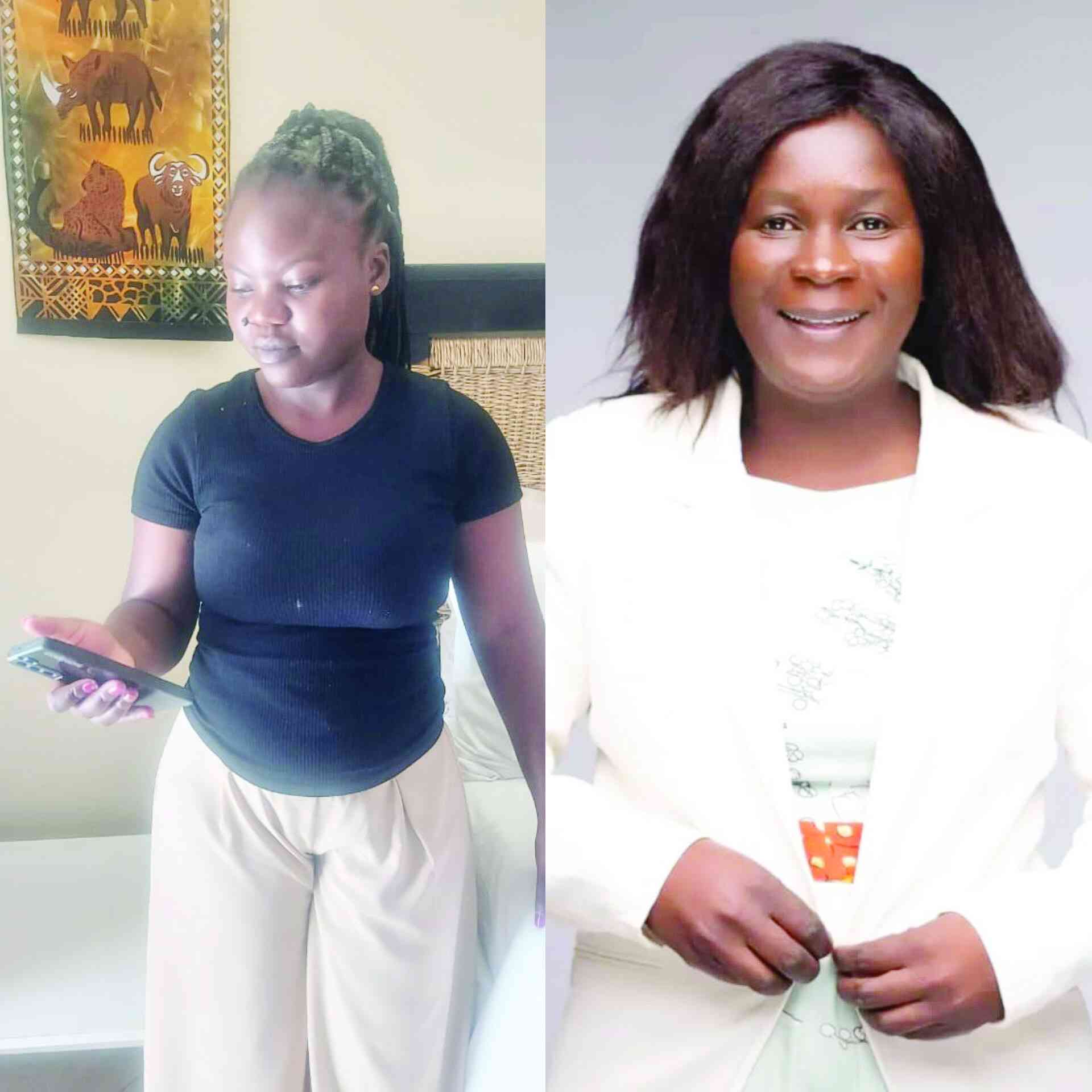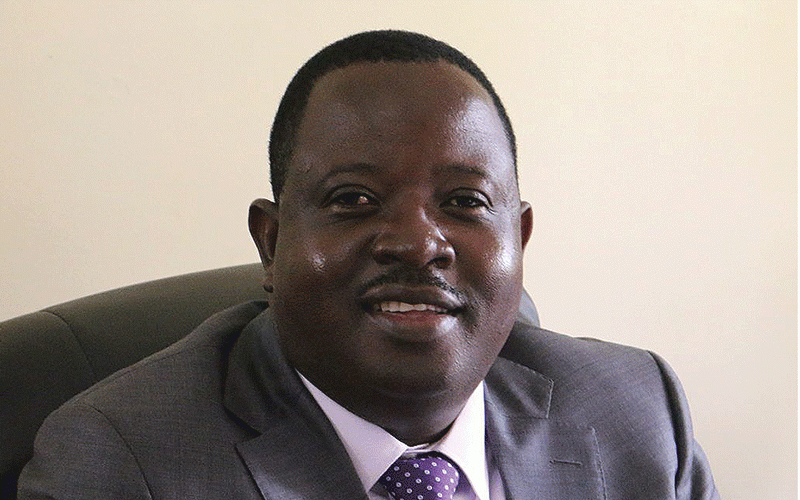
THE United Nations Children’s Education Fund (Unicef) yesterday extended a begging bowl seeking US$34 million funding for the water, sanitation and hygiene (WASH) sector to build community resilience across Zimbabwe in the face of climate change.
The appeal was made at a time when Zimbabwe is enduring the devastating effects of the El Niño-induced drought, which has left millions of people food insecure and facing severe water shortages.
Addressing journalists yesterday, Unicef country representative Atona Ekole called on government to prioritise water accessibility to protect the wellbeing of children in Zimbabwe.
She emphasised the critical role water plays in child development and wellbeing.
“We are appealing for US$34 million to support the WASH sector and mobilise resources from various partners,” Ekole said.
“Without access to safe water in the community and in the household, in school, a child runs the risk of illness, malnutrition, dropping out of school and even neglect and abuse.
“A child subjected to such a situation will not be able to meet their full potential and will be robbed of a decent future.”
Zimbabwe is currently experiencing an intense El Niño-induced drought, which has led to water scarcity and further jeopardised access to safe water for many Zimbabweans.
- Police sweat over missing student
- Chinotimba lives another day
- Zimbabwe turns to boreholes amid groundwater level concerns
- Tsikamutandas wreak havoc in Manicaland
Keep Reading
Because of the drought, nearly 4% of the boreholes in rural areas in the country have dried up, particularly in Matabeleland South and Masvingo provinces.
Ekole highlighted the need to prioritise water security alongside food security.
“Access to safe water is essential for good nutrition and hygiene. Without water, food security efforts are undermined by increased illness,” she said.
Unicef WASH specialist Tariro Mavi painted a stark picture of the situation.
“Eighty-one percent of Zimbabweans have access to safe water, but there are still communities left behind and when it comes to sanitation, only half of households have proper waste disposal and open defecation is a major concern,” Mavi revealed.
The drought’s impact is far-reaching, affecting livelihoods, education and health.
“Livestock is dying due to lack of water, impacting families’ ability to pay for basic necessities. School dropouts increase, particularly among girls, who are forced into early marriages as families try to cope with the drought,” Mavi said.
Unicef data shows a rise in waterborne diseases like diarrhoea and a worrying trend of malfunctioning boreholes.
“Currently, 4% of our boreholes are drying up and 11% in rural communities are not functioning. Urban areas are also struggling. Harare taps are dry due to a lack of foreign currency for water treatment chemicals,” Mavi said.
Unicef is working with the government and partners to address the crisis.
“Our interventions focus on rehabilitating existing water systems, drilling new boreholes, promoting water storage and installing climate-resilient water systems. We are also pushing for multipurpose use of water and promoting hygienic practices and water conservation,” she said.










